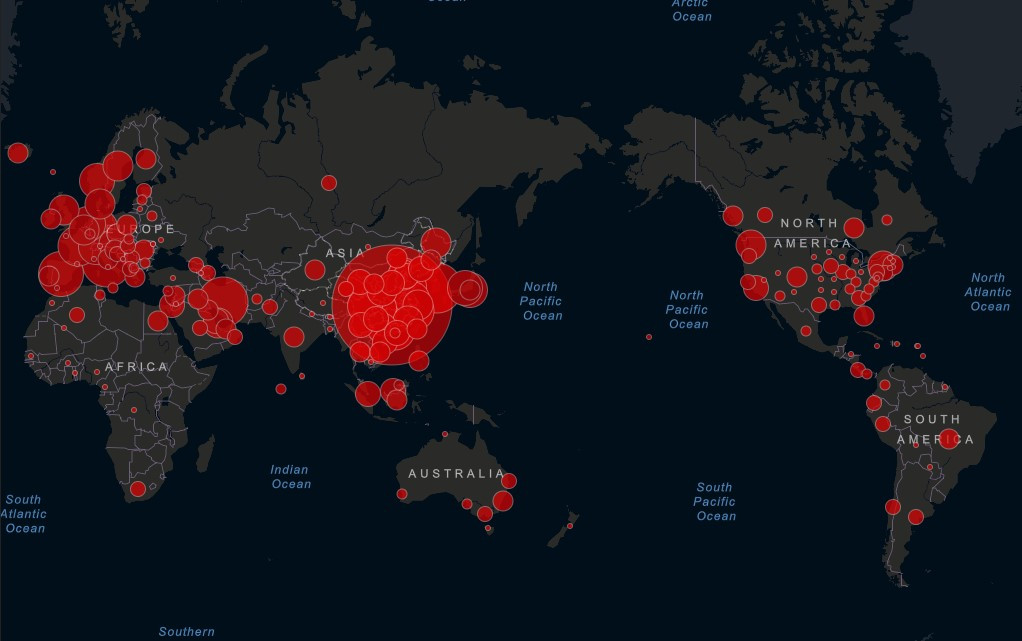Lavoro, Politica, Riproduzione Sociale, Ecologia: sono questi i quattro assi attorno ai quali ruota il web seminar di Into the Black Box. Ogni martedì per quattro settimane due speaker presenteranno il loro punto di vista sul mondo al tempo del covid e sulle sfide che ci attendono. Ogni seminario durerà un’ora: prima ci saranno le relazioni (15 minuti ciascuna) e poi spazio per il dibattito.
Per partecipare ci si potrà collegare nella stanza virtuale (qua il link) o seguire la diretta streaming sulla nostra pagina facebook. In seguito pubblicheremo anche i video dei seminari.
Work, Politics, Social Reproduction, Ecology: these are the four axes around which the web seminar of Into the Black Box is centred. Every Tuesday for four weeks two speakers will present their point of view on the world at the time of the covid and the challenges that lie ahead. Each seminar will last one hour: first there will be lectures (15 minutes each) and then space for debate.
To participate you can connect to the virtual room (here the link) or follow the live streaming on our facebook page. Afterwards we will also publish the videos of the seminars.

La pandemia globale di Coronovirus sta cambiando le nostre vite radicalmente. Dalla politica all’economia, dalla società al lavoro, non c’è ambito che non sia stato colpito dagli effetti delle misure di contenimento del contagio basate sul distanziamento sociale e sulla quarantena.
L’economia vede affacciarsi sempre più lo spettro di una recessione globale senza precedenti. Il rallentamento delle filiere produttive, la contrazione della domanda e dell’offerta, la generale mancanza di liquidità mettono sotto stress il sistema produttivo. Questa forte instabilità si scarica pesantemente sulla forza-lavoro: dalle fabbriche in cui non sono garantiti standard di sicurezza adeguati al burnout da smart working, arrivando a tutte quelle forme di lavoro senza diritti (dai migranti ai gig workers) la gestione dell’emergenza non colpisce tutti allo stesso modo ma si scarica secondo linee di genere, classe, razza.
Il processo di globalizzazione sembra essere entrato definitivamente in una nuova fase fatta di aree regionali di influenza e produzione. In questo scenario gli Stati Uniti abdicano definitavemente al loro ruolo egemonico in nome dell’America First! La Cina invece riadatta il suo progetto imperiale affiancando alla Road and Belt Initiative un profilo “umanitario” su scala globale. Nel mezzo, il politico si articola fra istanze sanitarie emergenziali e le necessità di sistemi produttivi in netta difficoltà. Un maggior controllo sociale sembra essere il prezzo da pagare per poter ritornare a una pseudo-normalità.
La riproduzione sociale diventa terreno di battaglia fra istanze neoliberali di privatizzazione e rivendicazioni sociali di universalità del welfare. Se negli ultimi anni divesi movimenti avevano fatto della riproduzione sociale un campo di soggettivazione specifico, adesso il campo si allarga fino a diventare posta in palio all’interno dello scontro fra dinamiche produttive e tutela della salute.
La pandemia, infine, ci impone una riflessione sul rapporto fra uomo e ambiente affrontando le estreme conseguenze dei processi di agro-industrializzazione, urbanizzazione planetaria, distruzione degli habitat naturali, inquinamento. Questi processi non costituiscono dinamiche occasionali o secondarie, ma si posizionano al centro del capitalismo contemporaneo.
The global coronovirus pandemic is changing our lives radically. From politics to the economy, from society to work, there is no area that has not been affected by the effects of contagion containment measures based on social distancing and quarantine.
The economy is increasingly seeing the spectre of an unprecedented global recession looming. The slowdown in production chains, the contraction in supply and demand, and the general lack of liquidity put the production system under stress. This strong instability is heavily discharged on the workforce: from factories where safety standards are not guaranteed adequate to smart working burnout, to all those forms of work without rights (from migrants to gig workers) the management of the emergency does not affect everyone in the same way but is discharged according to gender, class, race.
The globalization process seems to have definitely entered a new phase made of regional areas of influence and production. In this scenario the United States abdicates its hegemonic role in the name of America First! China, on the other hand, readapts its imperial project by adding a “humanitarian” profile on a global scale to the Road and Belt Initiative. In the middle, the politics is articulated between emergency health care needs and the needs of production systems in clear difficulty. Greater social control seems to be the price to pay in order to return to a pseudo-normality.
Social reproduction becomes the battleground between neoliberal instances of privatization and social claims of welfare universality. If in the last few years different movements have made social reproduction a specific field of subjectification, now the field is widening until it becomes up for grabs within the clash between productive dynamics and health protection.
The pandemic, finally, requires us to reflect on the relationship between man and the environment, facing the extreme consequences of the processes of agro-industrialization, planetary urbanization, destruction of natural habitats, pollution. These processes do not constitute occasional or secondary dynamics, but are at the centre of contemporary capitalism.
29 april 2020 // #1 Labour // Francesca Coin and Niels Van Doorn
5 may 2020 // #2 Politics // Simone Pieranni and Tania Rispoli
12 may 2020 // #3 Social Reproduction // Cinzia Arruzza and Simona De Simoni
19 may 2020 // #4 Ecology // Emanuele Leonardi and Dario Padovan



